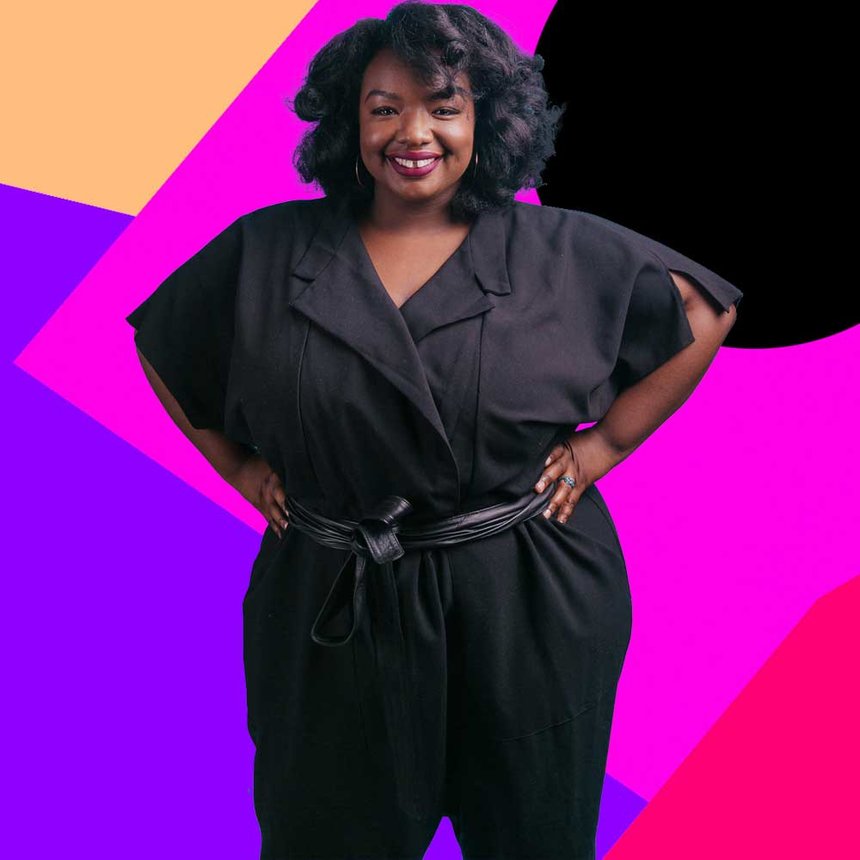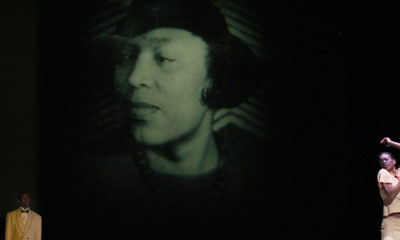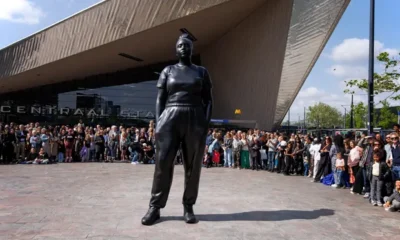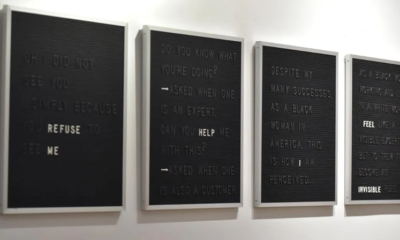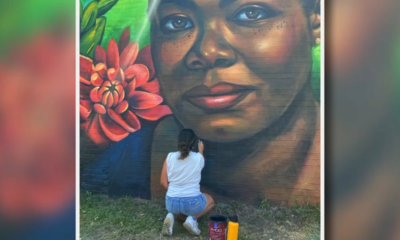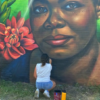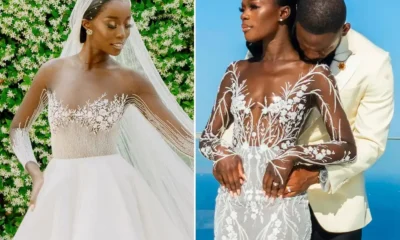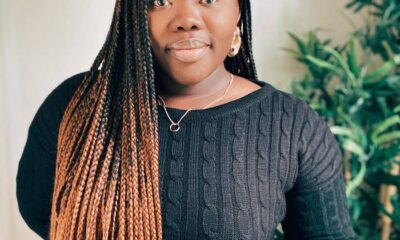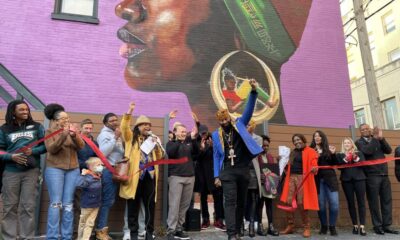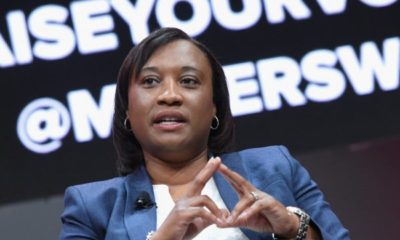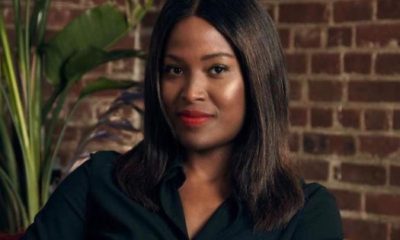Black Women in Arts
How Publicist Kima Jones Is Helping Black Women Writers Get A Seat At The Literary Tabl
“Making art and making money are two different things,” says Kima Jones, creator of Jack Jones Literary Arts, a multifaceted book publicity company.
“Just because you can do one doesn’t mean you can do the other. The world is full of starving artists.”
Spend time with any writer and they will attest to the power of this statement. Black authors, in general, can tell you that life as professional writers “ain’t been no crystal stair.” It has tacks in it called income gaps and splinters called racism. Jones, a lover of literature with a keen mind for business and marketing, understands the power and struggles that are unique to Black writers; particularly Black women writers. In fact, Jack Jones is100 percent Black woman-owned and operated.
As if that wasn’t a noteworthy accomplishment within itself, Jack Jones is hosting its first annual writing retreat at SMU-in-Taos in Taos, New Mexico. The retreat is intentionally designed to provide support to writers in ways that typically aren’t granted.
“The Jack Jones Literary Arts retreat is an opportunity for Black women and women of color to commune without the excess and responsibility of everyday life,” Jones tells ESSENCE. “For working writers, the practice of art begins either before or after the work day. For women writers, the added pressure of familial responsibilities makes taking time away that much harder. I wanted to create a vacuum seal, if you will, for these women to work where, in addition to completing their manuscripts, they received expert advice concerning their careers.”
Jones and Jack Jones Literary Arts are deeply committed to literature by women of color. She also believes in working for the client and not the publishing company.
“Authors hire me directly to publicize their book projects because their in-house publicist is usually busy with dozens and dozens of other books on her roster,” Jones says. “The in-house publicist works in the best interest of the publisher. I work for the best interest of the author who hired me whether or not she’s the marquee title. It’s my job to fight for her book high, low, middle and otherwise.”
Jones, who has worked on 17 book campaigns in the last two years, is able to take on projects that she absolutely values. She has the freedom to say “yes” or “no.” This level of freedom was built and didn’t come overnight.
“I had all my steps in order,” she tells ESSENCE. “I created a first-year business plan, a two-year business plan, and a three-year business plan. I hired help for certain areas. I did a soft launch with my network and asked for feedback. I specifically asked my network does this work with what I’m telling you my vision is? They would tell me the truth. This allowed me to hone in on what the industry needed of me but also what I require of myself and what I want this to look like.”
As with launching any business, knowing your targeted audience and understanding the market is critical. “I knew Black women are the biggest book buyers going in,” says Jones. Add to that, her ability to appreciate classic literature while remaining committed to supporting more contemporary writers. “I [recently] tweeted about the importance of supporting the work of living Black women writers who are actively publishing because they need our allegiance and love …
Please read original article – How Publicist Kima Jones Is Helping Black Women Writers Get A Seat At The Literary Table



